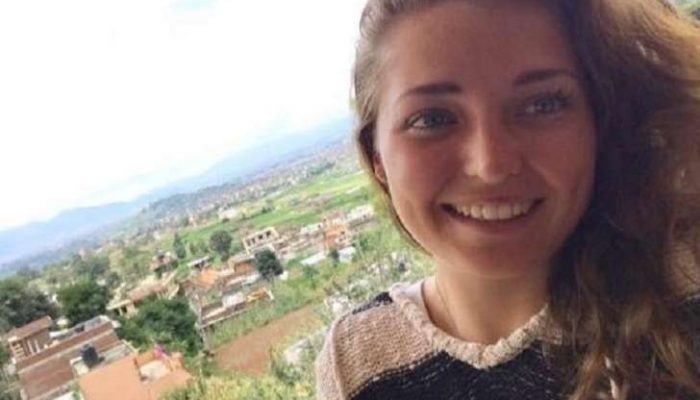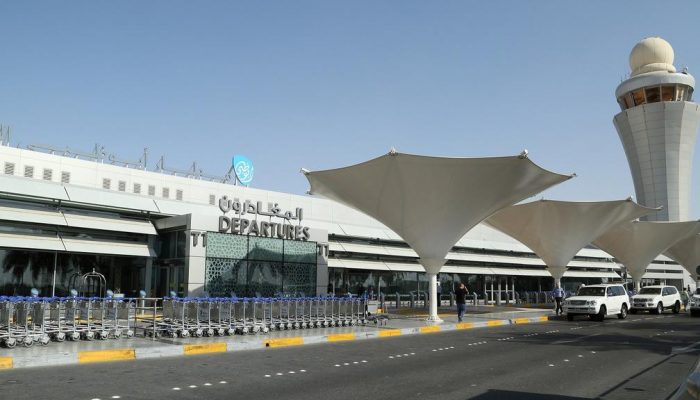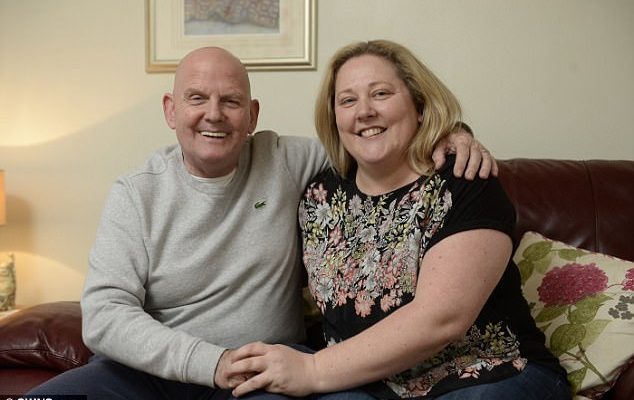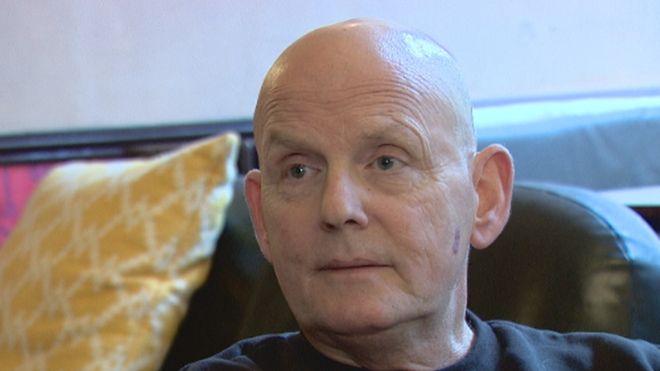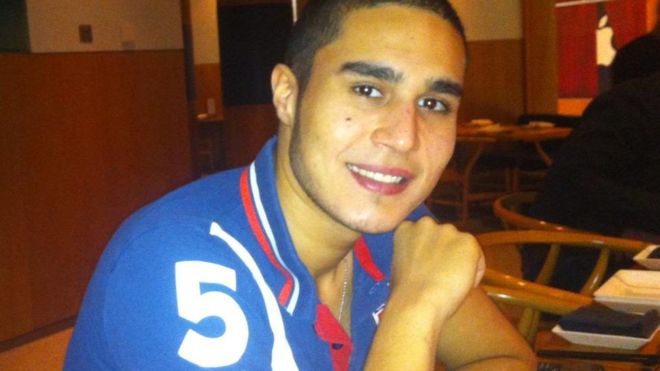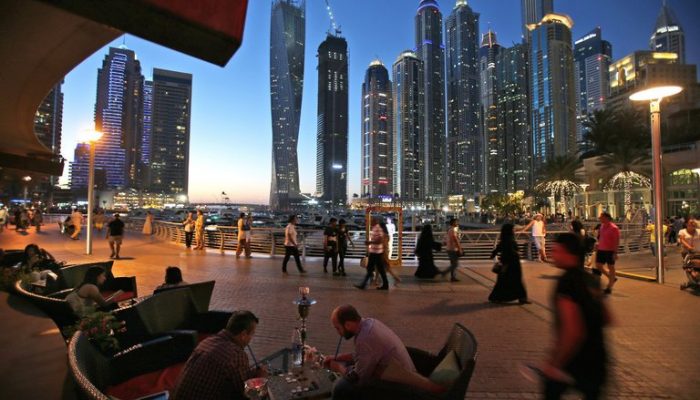A young British woman was arrested and is being detained in Dubai after witnessing a physical altercation in a hotel lobby.
Asa Hutchinson, 21, of Chelmsford, in Essex, was held by police after a group of her male friends took selfies with a man in his 50s who had fallen asleep on a sofa.
The man, reported to be a technology company executive, allegedly began punching the pranksters when he woke up, a number of whom suffered blows to their heads.
Ms. Hutchinson claims she was not present during the incident but has been charged with assault and theft and campaigners are now warning she faces the risk of jail.
She said: “The man woke up and began punching the boys. I heard the commotion and came back to see what was going on.
“He called the police and made official complaints about the boys for taking pictures of him and for being rude.”
The men had been visiting ex-pat Asa when the incident happened nearby Dusty’s bar in the DIFC district. They have since left Dubai, allegedly leading police to charge her as if she were responsible for their actions.
Asa’s mother, Lucie, said: “You always worry about your kids, especially in these Middle Eastern countries.
“There is so much on the news about the way they treat British visitors, but Asa was having a great time.
“She loved the work and made so many friends. She is a quiet, sensible girl and really is the last person to start any trouble.”
Briton Jamie Harron was recently freed in Dubai, following three-month imprisonment for touching a man’s hip.
The Standard has approached the Foreign Office for comment.
British Woman, 21, Arrested in Dubai for ‘Witnessing Fight’ in Hotel Lobby, www.msn.com/en-gb/news/world/british-woman-21-arrested-in-dubai-for-witnessing-fight-in-hotel-lobby/ar-BBFUk7V?li=AAmiR2Z&MSCC=1511966174&ocid=spartanntp.

